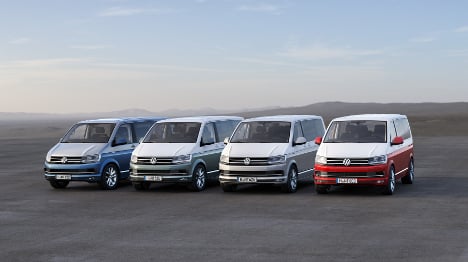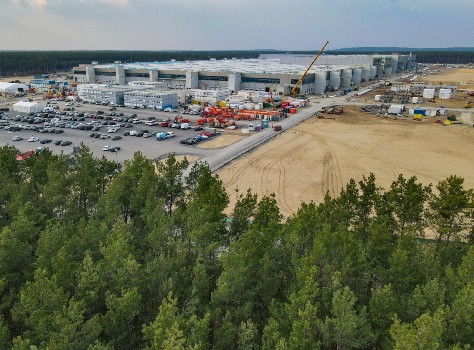The announcement on Friday followed a secretive meeting in Salzburg on Thursday evening, which saw the first encounter between the two since Piech's comment that he was "distancing" himself from Winterkorn in advance of his contract running out at the end of 2016.
The company said it hopes that Winterkorn will fulfil the role “in the future with the same enthusiasm and success as he has so far demonstrated.”
The car manufacturer was thrown into crisis last week after Piech made comments to Spiegel suggesting he had lost faith in Winterkorn.
The 78-year-old Piech has been at the head of the company for 22 years. He has announced his intention to retire in two years' time.
It had previously been believed that Winterkorn, a once close ally of his, would take over his position at the summit of Germany's largest automotive company.
However troubles within the core division and the need to cut billions in costs appear to have put a strain on the relationship.
Piech's comments to the press have previously proved to be the kiss of death for company executives.
In November 2006 Winterkorn's predecessor Bernd Pischetsrieder resigned after Piech said his contract extension was an “open issue.”
In 2009 public comments by Piech led to the resignations of Volkswagen subsidiary Porsche's CEO and Chief financial officer.
Despite profit concerns, Volkswagen has seen considerable growth under Winterkorn.
Since he took over as CEO in 2007 the companms has more than doubled its number of production plants and bought four new brands, bringing the total to 12.
Sales have also increased by 64 percent, with 10.1 million vehicles sold last year, reports Reuters.



 Please whitelist us to continue reading.
Please whitelist us to continue reading.
Member comments